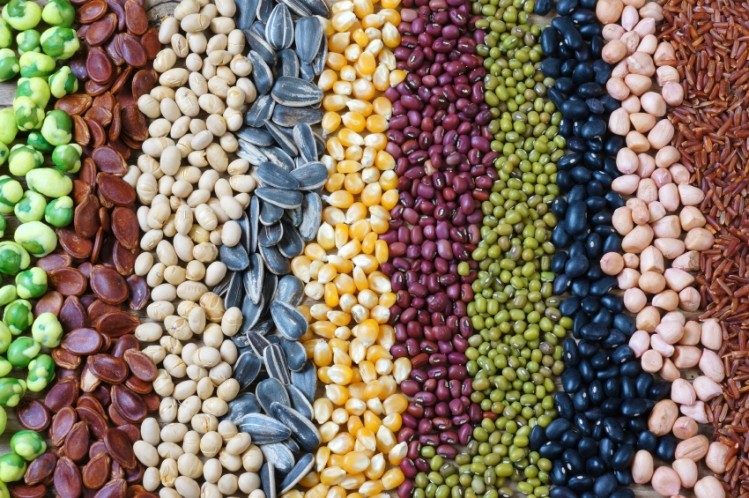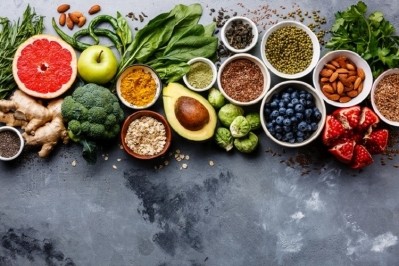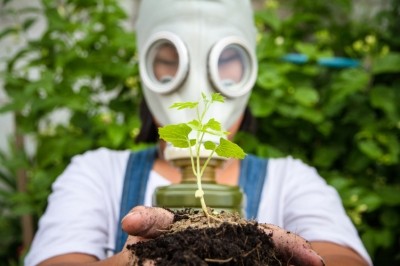Millions risking nutritional deficiencies as CO2 levels rise

The Harvard-based academics estimate that 175 million people could become zinc deficient and 122 million people becoming protein deficient by 2050, with over 1bn women and children missing out on a healthy dietary iron intake.
“How we heat our homes, what we eat, how we move around, what we choose to purchase are making our food less nutritious and imperilling the health of other populations and future generations," said Sam Myers, lead author of the study and principal research scientist at Harvard Chan School.
CO2 emissions arising from human activity threaten human nutrition via the disruption of the global climate system with all the associated impacts on food production. More directly, increased CO2 in the atmosphere can alter the nutrient profile of staple food crops.
Global nutritional gaps
Experimental trials in which crops are grown in open field conditions under both ambient and elevated CO2 revealed that food crops had 3–17% lower concentrations of protein, iron and zinc when grown under elevated CO2 levels of around 550 parts per million (ppm).
The likely effect said the team, was a reduction in the dietary supply of nutrients for many populations and an increase in the prevalence of global nutritional inadequacy.
In general, humans worldwide derive a majority of these nutrients from plants: 63% of dietary protein comes from vegetal sources, as well as 81% of iron and 68% of zinc.
“Reducing the nutritional density of many of these sources—probably without a perceptible increase in hunger to motivate change—could increase the prevalence and severity of nutritional deficiency globally,” the study said.
“This is particularly concerning as over two billion people are currently estimated to be deficient in one or more nutrients.”
The research created a set of assumptions across all nutrients to improve estimates of the impacts across 225 different foods in the event of elevated CO2 concentrations.
These assumptions were also used in the analysis of dietary intake of iron, zinc and protein for the populations of 151 countries using a model of per-capita food availability sorted by age and sex, assuming constant diets and excluding other climate impacts on food production.
Along with reductions in the amount of zinc and protein, findings point to a 4% decrease in daily dietary intake for iron amongst the 1.4bn women of childbearing age and children under 5.
Countries at risk
Further results identified India as bearing the brunt of this nutrient deficiency as around 50 million of its population set to become zinc deficient, 38 million becoming protein deficient, and 502 million women and children becoming vulnerable to diseases associated with iron deficiency.
Other countries in South Asia, Southeast Asia, Africa, and the Middle East would also be significantly impacted.
The study added that many countries in North America, South America and Western Europe that consumed diets heavy in animal-sourced foods had a lower risk.
Countries in Central and Western Africa that were more nutritionally reliant on grains that exhibit little or no nutritional response to CO2 levels of around 550 ppm such as maize, millet and sorghum were also classed as low risk regions.
"One thing this research illustrates is a core principle of the emerging field of planetary health," said Myers, who directs the Planetary Health Alliance, co-housed at Harvard Chan School and Harvard University Center for the Environment.
"We cannot disrupt most of the biophysical conditions to which we have adapted over millions of years without unanticipated impacts on our own health and wellbeing."
Source: Nature Climate Change
Published online ahead of print: DOI: 10.1038/s41558-018-0253-3
“Impact of anthropogenic CO2 emissions on global human nutrition.”
Authors: Matthew Smith & Samuel Myers














